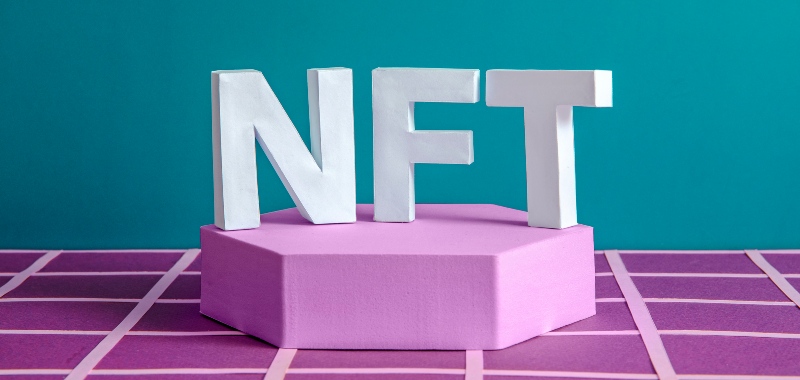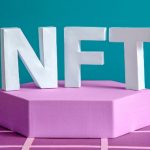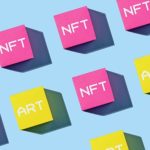
NFTs & Intellectual Property. ¿What is the current situation?
Certainly, when Mark Zuckerberg, CEO of Meta, announced to the world his intention to move us all to a virtual reality, where we could all have our own avatar, as well as carry out all kinds of activities as if it were real life, he was not aware of the implications and effects that this would generate.
Although there is not one metaverse, but several (Decentraland, The Sandbox, Axie Infinity, etc.), which are not interoperable with each other, this has not stopped the fact that, as in real life, markets of very different kinds have been developed within them, where we can obtain all kinds of objects for our avatars, as well as being able to display any kind of item we want in these metaverses.
And it is precisely thanks to the use of non-fungible tokens (‘NFTs’) that has led to the emergence of the markets mentioned above, by allowing individual ownership of certain items, thus developing new and novel business areas for companies, startups and investors alike.
But just as it happens in the real world with respect to intellectual property rights infringement, this was not going to be less so in metaverses, taking into account that, just as we like to wear our favourite trainers, why wouldn’t we want the same for our avatar? Or why shouldn’t we be able to hang a painting we have obtained in our virtual residence? Is it possible to use the brand ‘NIKE’ in the metaverse? Can we show a painting by Picasso?
In particular with regard to this last point, although not in relation to the author himself, judgments have already begun to emerge in the metaverse in relation to this type of case. Specifically, we refer to the judgement of Barcelona Commercial Court No. 9, dated 11 January 2024, regarding the proceedings brought by ‘Visual Entidad de Gestión de Artistas’ against ‘Grupo Mango’.
The reason was that at the inauguration of one of the latter’s shops, works were exhibited in physical, digital and virtual format owned by Mango, but whose authorship corresponded to the person who created them. Those works had been ceded by the defendant for that inauguration, but they were transformed into NFTs, which were displayed both on the Opensea platform and on Decentraland.
In essence, the question to be clarified was whether following the creation of a work of art into a NFT, copyright could be affected and there could be an infringement of articles 14 and 17 of Royal Legislative Decree 1/1996, approving the revised text of the Law on Intellectual Property, or whether, on the other hand, the ownership of a physical work grants legal coverage for its transformation into a NFT.
In this situation, the court in its judgment stated the following:
‘… although the existence of metaverses gives rise to new forms of exploitation of intellectual property rights, not expressly provided for in our IPL, copyright infringement in the metaverse (whether inside or outside; that is, whether they are works created within the metaverse by a user through his avatar or whether they are works created in the ‘real’ world and then inserted in the metaverse, as has happened in the present case) will be governed by our current legal regime, applying in the same way to these rights generated in virtual environments, without any speciality (for the moment) … ’
In other words, and applying analogy to the specific case, the claim was dismissed, as the court understood that a fair and legitimate use of the works in question was being made, and that, in addition to not having harmed them, the opposite effect had in fact been achieved, by giving them wide publicity.
As we can see, we find ourselves in uncharted territory, which will require the appropriate jurisprudential adaptation to interpret this type of situation in accordance with the current existing regulations, which are new and have no precedent whatsoever. Although the fact that our legal system can fill this type of interpretation gap provides a certain degree of certainty in this respect, we must be attentive to the specific case to be able to apply the corresponding regulation in the appropriate manner.
And therefore, if you are considering taking the leap into the metaverse, or simply creating your own NFTs, you should know that at Letslaw we are experts in the management of all types of industrial and intellectual property assets, and we are at your disposal to help you with whatever you may need.

IP/IT lawyer.







